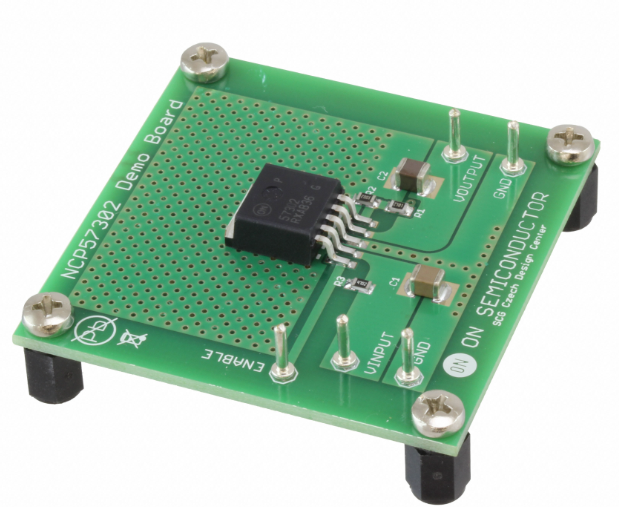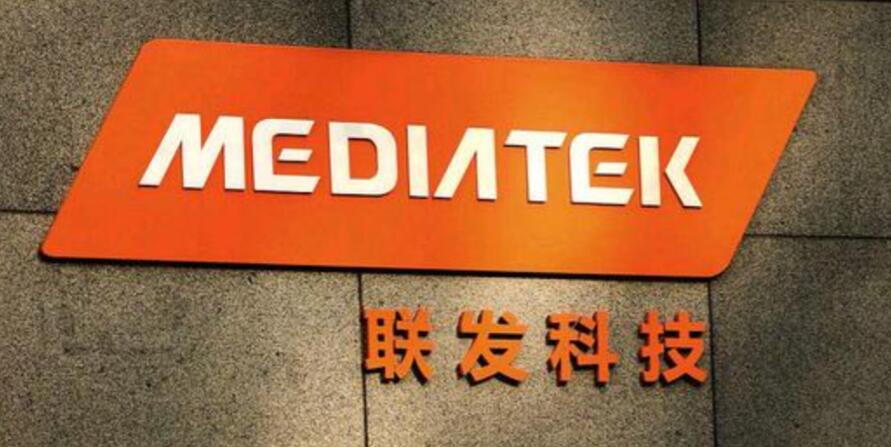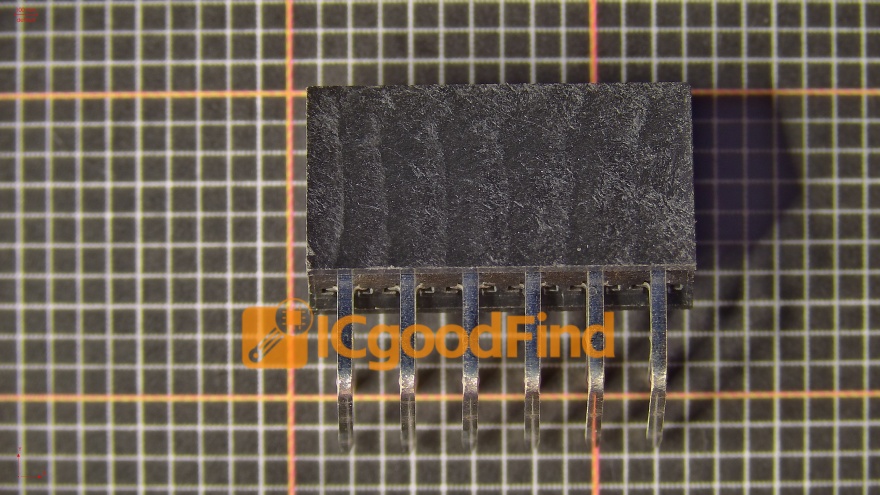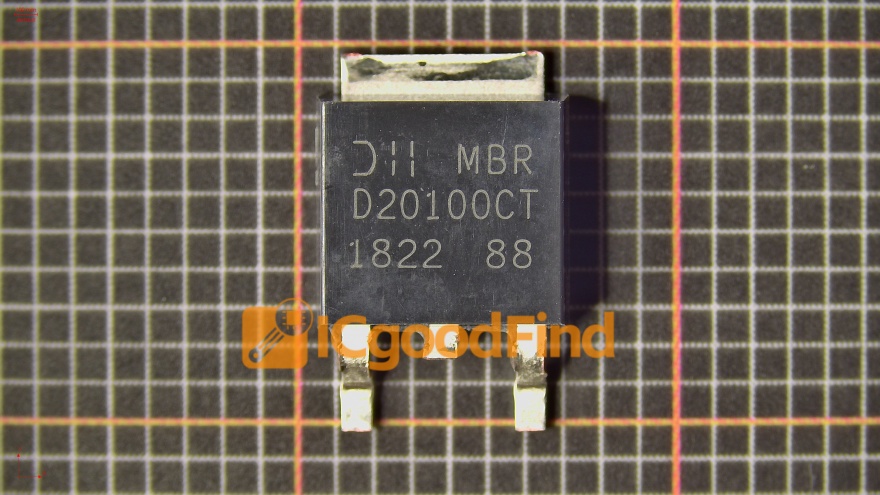The Ultimate Guide to Choosing a Purchasing Agency for Electronic Components
Introduction
In today’s fast-paced electronics industry, securing reliable and high-quality electronic components is more critical than ever. With global supply chain disruptions, counterfeit parts, and increasing competition, many businesses are turning to specialized purchasing agencies to streamline their procurement processes. A Purchasing Agency for Electronic Components acts as an indispensable partner, leveraging industry expertise, established networks, and rigorous quality controls to ensure that companies receive genuine components on time and within budget. This not only mitigates risks but also allows businesses to focus on their core operations, such as product development and innovation. Whether you are a startup or a multinational corporation, understanding how to select the right agency can significantly impact your operational efficiency and bottom line. In this comprehensive guide, we will explore the key benefits, selection criteria, and best practices for working with a purchasing agency, while highlighting how platforms like ICGOODFIND can enhance your sourcing strategy.

The Role of a Purchasing Agency for Electronic Components
A Purchasing Agency for Electronic Components specializes in sourcing, procuring, and supplying electronic parts from manufacturers and distributors worldwide. These agencies serve as intermediaries between clients and suppliers, offering services that range from identifying hard-to-find components to managing bulk orders. One of their primary roles is to navigate the complex global supply chain, which involves dealing with multiple vendors, fluctuating prices, and logistical challenges. By leveraging their extensive networks, these agencies can access a wide range of components, including semiconductors, resistors, capacitors, and integrated circuits, often at competitive prices due to their volume purchasing power.
Moreover, these agencies play a crucial role in quality assurance and counterfeit prevention. The electronics industry is plagued by counterfeit parts that can lead to product failures, safety hazards, and financial losses. Reputable purchasing agencies implement strict verification processes, such as visual inspections, electrical testing, and traceability checks, to ensure that all components are authentic and meet industry standards. They also stay updated on market trends and regulatory changes, helping clients avoid obsolete or non-compliant parts. For businesses, this means reduced risk and enhanced product reliability.
Another key aspect is supply chain management and logistics. Purchasing agencies handle everything from order placement to shipping and customs clearance, ensuring timely delivery even in volatile markets. They monitor inventory levels and market conditions to advise clients on optimal purchasing times, thus minimizing costs and preventing production delays. This end-to-end service is particularly valuable for companies lacking in-house procurement expertise or those operating in regions with limited access to global suppliers. By outsourcing these functions, businesses can achieve greater agility and focus on innovation.
Benefits of Using a Purchasing Agency
Engaging a Purchasing Agency for Electronic Components offers numerous advantages that directly contribute to business success. First and foremost is cost efficiency. These agencies often have negotiated discounts with suppliers due to their high-volume transactions, allowing them to secure components at lower prices than individual buyers. They also help avoid costly mistakes, such as purchasing counterfeit or substandard parts, which can lead to expensive recalls or redesigns. Additionally, by streamlining the procurement process, agencies reduce administrative overheads, freeing up internal resources for more strategic tasks.
Time savings is another significant benefit. Sourcing electronic components can be time-consuming, requiring extensive research, supplier vetting, and order management. A purchasing agency takes on these responsibilities, using its expertise and tools to quickly identify reliable sources and expedite orders. This is especially crucial in industries with short product life cycles or tight production schedules. For instance, in the automotive or aerospace sectors, delays in component delivery can halt entire assembly lines, resulting in substantial financial losses. With an agency handling procurement, companies can accelerate time-to-market and maintain operational continuity.
Risk mitigation is perhaps the most critical advantage. The electronics supply chain is susceptible to various risks, including geopolitical issues, natural disasters, and market shortages. Purchasing agencies diversify these risks by working with multiple suppliers across different regions, ensuring a steady supply even during disruptions. They also provide quality control guarantees, often offering certifications and warranties on components. Furthermore, agencies ensure compliance with international regulations, such as RoHS (Restriction of Hazardous Substances) and REACH (Registration, Evaluation, Authorization, and Restriction of Chemicals), reducing legal and environmental liabilities. For businesses, this translates into greater resilience and long-term sustainability.
How to Choose the Right Purchasing Agency
Selecting the right Purchasing Agency for Electronic Components requires careful consideration of several factors to ensure a successful partnership. Start by evaluating the agency’s industry experience and reputation. Look for agencies with a proven track record in your specific sector, whether it’s consumer electronics, medical devices, or industrial automation. Check client testimonials, case studies, and industry certifications like ISO 9001, which reflect a commitment to quality management. Additionally, verify their membership in professional organizations such as the ERAI (Electronic Resellers Association International), which promotes ethical practices in the component supply chain.
Another key factor is the agency’s sourcing capabilities and network. A reliable agency should have access to a broad range of suppliers, including authorized distributors, manufacturers, and trusted independent sources. Inquire about their processes for vetting suppliers and ensuring component authenticity. Platforms like ICGOODFIND can be invaluable here, as they aggregate verified suppliers and provide real-time market data, making it easier to identify reputable agencies. Also, consider the agency’s logistical strengths—can they handle international shipping, customs clearance, and urgent deliveries? Their ability to manage these aspects seamlessly is crucial for avoiding delays.
Finally, assess the agency’s customer service and communication. Effective procurement relies on transparent and timely communication. Choose an agency that assigns a dedicated account manager and provides regular updates on order status, market changes, and potential issues. Flexibility is also important; ensure they can scale services according to your needs, whether you require ongoing support or project-based procurement. Discuss their terms regarding pricing models (e.g., cost-plus or fixed fee), return policies, and conflict resolution mechanisms. A client-centric approach will foster a collaborative relationship and ensure that your specific requirements are met.
Conclusion
In conclusion, partnering with a Purchasing Agency for Electronic Components is a strategic move that can enhance efficiency reduce costs, and mitigate risks in today’s complex electronics market. By leveraging their expertise networks and quality assurance processes these agencies provide invaluable support ensuring access to genuine components timely deliveries and regulatory compliance. When selecting an agency prioritize experience sourcing capabilities and customer service to build a successful long-term partnership. Additionally utilizing tools like ICGOODFIND can further optimize your sourcing strategy by connecting you with verified suppliers and providing critical market insights. As the industry continues to evolve embracing such partnerships will be key to maintaining competitiveness and driving innovation.






























